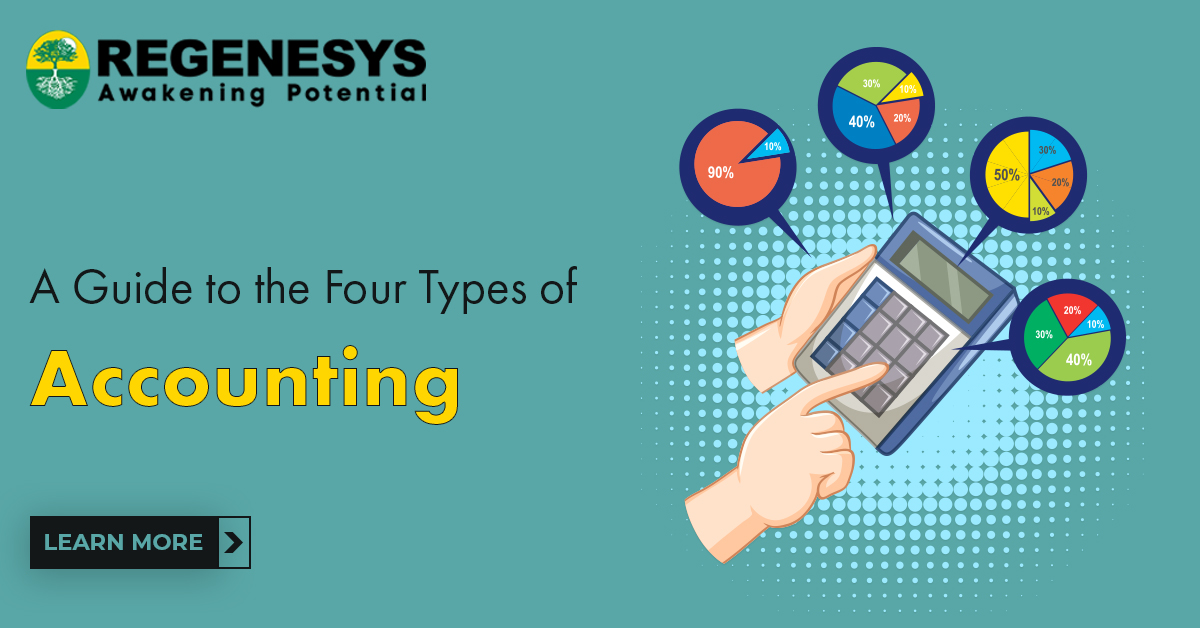If you are considering a career in accounting, you may wonder what subjects you must study to succeed in this domain.
Accounting is a specialised field that requires a strong foundation in specific subjects to manage financial information and make informed business decisions effectively.
In this blog post, we will explore the key subjects you need to master to pursue a career in accounting.
Table of Contents
What Is Accounting?
Accounting, also known as Accounting science. It is the system of analysing, recording, summarising, and analysing financial transactions of a business organisation.
Accounting mainly involves identifying, measuring and communicating financial information to relevant stakeholders, such as creditors, investors and regular management.
In today’s complex and fast-paced business environment, accounting is
crucial in ensuring transparency, accountability, and compliance with financial regulations.
Why Study Accounting?
Studying accounting can refer to a range of benefits and opportunities, including:
- Accounting education equips students with valuable critical thinking, financial analysis, problem-solving, decision-making, and communication skills. These skills are highly transferable across various industries and can enhance career prospects.
- Accounting is a versatile field with a high demand for public and private professionals. Graduates can pursue careers as accountants, auditors, financial analysts, tax advisors, consultants, controllers, or managerial positions.
- Accounting is a stable profession that is often resilient to economic downturns. Businesses of all sizes and industries require accounting expertise, ensuring a continuous demand for qualified professionals. Additionally, career advancement opportunities exist in management, finance, and consulting.
- Studying accounting provides a strong foundation in financial literacy, enabling individuals to manage personal finances effectively, make informed investment decisions, and understand the financial implications of their actions.
- Accounting knowledge is crucial for starting and managing a successful business. It helps entrepreneurs understand financial statements, manage cash flows, create budgets, and make strategic financial decisions.
- Accounting qualifications are recognised worldwide, allowing professionals to work in diverse international settings. Globalisation has increased the need for professionals to understand international accounting standards and cross-border transactions.
- Pursuing a higher certificate in accounting sciences can open doors to higher-level positions, increase earning potential, and enhance career prospects.
- Accounting education emphasises the importance of integrity, ethics, and professional conduct. This provides a solid ethical foundation for individuals working in the field, ensuring they adhere to ethical standards and contribute to building trust in financial reporting.
Thus, studying accounting can provide individuals with a solid foundation for a rewarding career, offer diverse opportunities, and contribute to personal and professional growth.
What Subjects Do I Need for Accounting?
Accounting encompasses various subfields, including auditing, financial, management, and tax accounting. Based on these subfields of Accounting, the subjects vary.
The essential subjects you need to pursue to excel in the accounting field. The principal accounting subjects in any course include the following:
Mathematics:
Mathematics is the backbone of accounting. A solid understanding of mathematical concepts such as algebra, calculus, and statistics is crucial for performing various accounting calculations, analysing financial data, and interpreting financial statements
Business and Economics:
Studying business and economics will give you a thorough knowledge of the financial world in which accounting operates. These subjects will introduce you to supply and demand, market structures, cost analysis, and economic indicators. A strong foundation in business and economics will enable you to grasp the broader context in which accounting decisions are made and understand how financial transactions impact the overall health of a business.
Financial Accounting:
Financial accounting is a fundamental subject for anyone pursuing a career in accounting. This subject covers the principles and practices of recording, summarising, and reporting financial transactions
Managerial Accounting:
Managerial accounting provides the tools and techniques for effective company planning, controlling, and decision-making. In this subject, you will learn how to analyse costs, make budgeting decisions, and evaluate the profitability and performance of different business segments.
Auditing:
Auditing is essential for aspiring accountants as it examines and verifies financial records and systems. This subject teaches you how to assess the accuracy and reliability of financial information, identify potential risks and fraud, and ensure compliance with accounting standards and regulations. Auditing plays a critical role in maintaining the integrity and transparency of financial reporting.
Taxation:
Taxation is a subject that focuses on understanding the principles and regulations governing the collection and payment of taxes. As an accountant, you must have a solid knowledge of tax laws and regulations to assist individuals and businesses in fulfilling their tax obligations. You will learn how to prepare tax returns, minimise tax liabilities, and provide tax planning advice to clients.
Ethics and Professional Standards:
Accountants are entrusted with confidential financial information and are expected to uphold high ethical standards. Understanding professional ethics, corporate governance, and legal frameworks is crucial for maintaining integrity, avoiding conflicts of interest, and making ethical decisions in the best interest of clients or employers.
Communication and Analytical Skills:
Accountants are often required to communicate complex financial information to non-financial stakeholders. Strong written and verbal communication skills are necessary to effectively convey financial insights and recommendations. Analytical skills, attention to detail, and critical thinking abilities are essential for interpreting financial data and identifying trends.
Information Systems and Technology:
In today’s digital age, accountants must understand information systems and technology. This subject will introduce you to accounting software, database management systems, and other technological tools used in the accounting profession. Information systems and technology knowledge will enhance your efficiency, accuracy, and ability to analyse financial data.
While these subjects form the core foundation of accounting, it is worth noting that the field is constantly evolving. As you progress in your accounting career, you may also need to stay updated with emerging topics such as data analytics, forensic accounting, and sustainability reporting.
The Bottom Line
A successful career in accounting requires a strong foundation in auditing, mathematics, taxation, business and economics, financial accounting, managerial accounting and other core subjects of accounting and informational technology.
Aspiring accountants can better understand financial transactions, provide accurate financial analysis, and make informed business decisions by developing and honing their maths skills. So, if you’re considering an accounting science job, prioritise your maths education and build a solid foundation in these key concepts.
Sign up @ Regenesys Business School and learn more about the accounting science, bachelor of accounting science programme and accounting science Regenesys modules. Bachelor of Accounting Science Regenesys is designed to give students in-depth knowledge and skills in auditing, management, taxation and other accounting concepts. Enrol now, kickstart your learning journey and gain the highest-paying accounting science job opportunities.
FAQs: What subjects do I need for accounting?
What high school subjects are essential for studying accounting in South Africa?
To pursue a career in accounting, high school students should focus on subjects like Mathematics, Accounting, and English. These subjects provide a strong foundation for further studies in accounting and are often prerequisites for university admission
Why is Mathematics important for accounting studies?
Mathematics is crucial for accounting because it develops analytical and problem-solving skills, which are essential for tasks such as financial analysis, budgeting, and auditing. A good grasp of mathematics is necessary to understand and work with financial data effectively
Is it necessary to take Accounting as a subject in high school to become an accountant?
While not mandatory, taking Accounting in high school is highly beneficial. It provides an early introduction to fundamental accounting principles and practices, making it easier for students to grasp more advanced concepts during their tertiary education
How does proficiency in English contribute to a career in accounting?
Proficiency in English is important because accountants need to communicate complex financial information clearly and effectively, both in writing and verbally. Strong English skills are essential for preparing reports, conducting presentations, and interacting with clients and colleagues
Are there any other subjects that can be beneficial for accounting students?
Yes, subjects such as Business Studies and Economics can also be advantageous. These subjects provide a broader understanding of the business environment, economic principles, and how different business functions integrate with accounting







1 Comment
Accounting is a very nice subject/course to study, I would like to a course like this or maybe I would study accounting